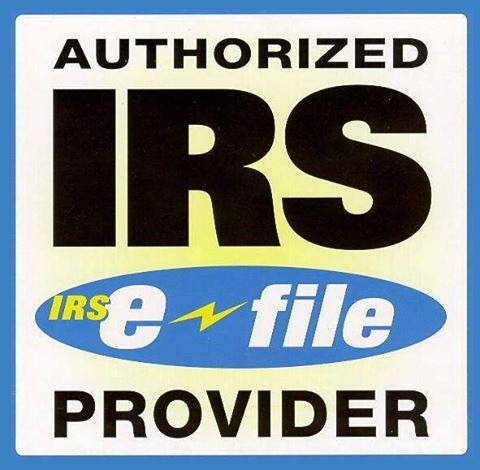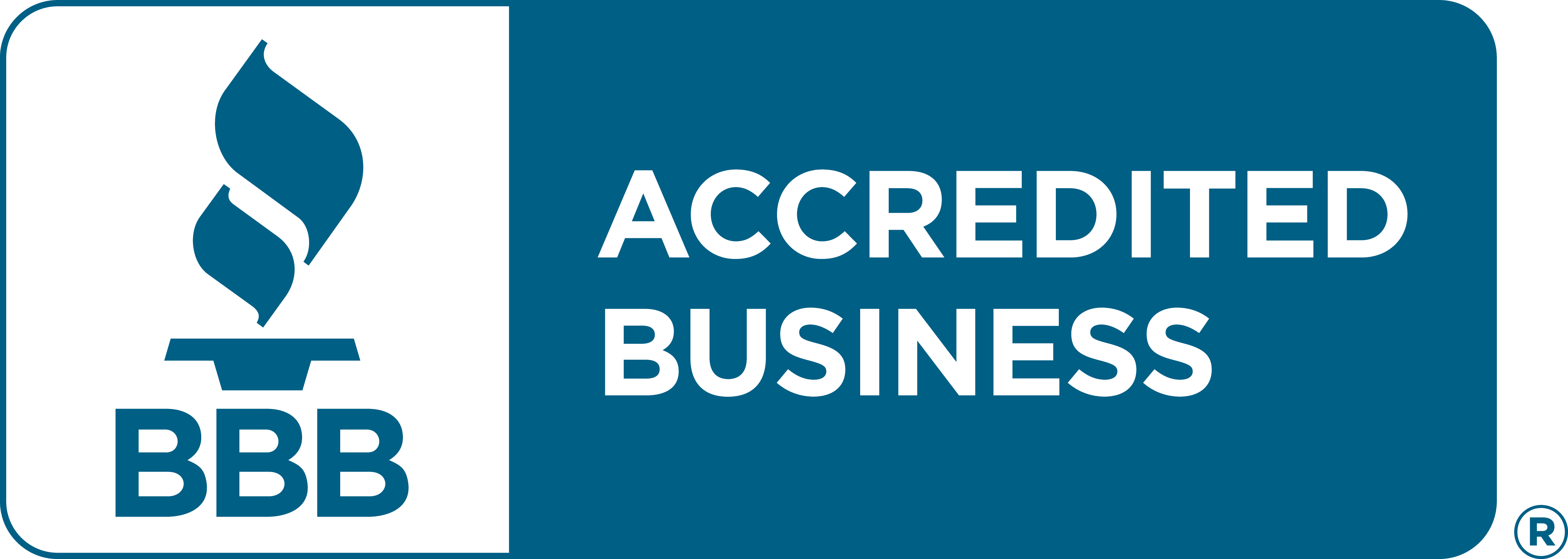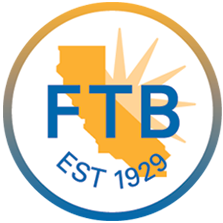Form 5227 Penalty
E-file your IRS Form 5227 for the 2025 tax year to avoid penalties and ensure accurate, timely reporting.
Excise Tax Forms
Employment Tax Forms
Information Returns
Extension Forms
Business Tax Forms
FinCEN BOIR
General
Form 5227, Split-Interest Trust Information Return, must be filed annually by trustees managing Charitable Remainder Annuity Trusts (CRATs), Charitable Remainder Unitrusts (CRUTs), and Pooled Income Funds, etc. This mandatory filing keeps the IRS informed about the trust's financial activities, including income, deductions, and distributions to beneficiaries.
Trustees who miss filing deadlines or submit inaccurate information face potential IRS penalties, making it critical to maintain careful records and submit complete, timely returns to protect the trust from avoidable compliance costs.
This resource breaks down everything you need to know about Form 5227 penalties, how they are calculated, and how to avoid them.
Table of Contents
What is Form 5227?
Form 5227, Split-Interest Trust Information Return, is an annual IRS return filed by certain trusts including CRATs, CRUTs, and Pooled Income Funds. The form reports trust income, distributions, and Schedule A beneficiary information. Accurate and timely filing is required to comply with IRS regulations.
Need help with the form? Check out our Form 5227 instructions for a clear, step-by-step guide.
E-filing Form 5227 is faster, safer, and IRS-recommended.
CRATs, CRUTs, Pooled Income Funds, and similar trusts can e-file with TaxZerone for secure submissions, accurate reporting, and timely IRS status updates.
Form 5227 Penalties
Trusts can face several penalties related to IRS Form 5227, especially if they miss a 5227 deadline. These include:
- Failure to File Timely, Completely, or Correctly
- Failure to Comply with IRS Written Demand
- TIN Reporting Failure (Schedule A)
- Other Penalties
Failure to File Timely, Completely, or Correctly
This penalty applies if you fail to file Form 5227 by the due date, file a return that is incomplete, or provide incorrect information on the return. Trustees who knowingly fail to file are also personally liable for this penalty.
| Type of Penalty | Gross Income ≤ $318,500 | Gross Income > $318,500 |
|---|---|---|
| Late Filing | $25 per day Max: $13,500 | $130 per day Max: $65,000 |
Failure to Comply with IRS Written Demand:
This penalty applies if the trust fails to comply with a written demand from the IRS to file a delinquent return or provide required information.
Trustees who knowingly ignore the IRS demand are personally liable for the penalty.
| Type of Penalty | Penalty |
|---|---|
| Failure to Comply with IRS written Demand | $10 per day Max: $6,500 |
TIN Reporting Failure (Schedule A):
This penalty applies if the trust fails to provide the TIN for each recipient or income beneficiary on Schedule A.
Trustees may also be held personally liable if they knowingly fail to provide TINs. Reasonable cause can be claimed with a signed affidavit.
| Type of Penalty | Penalty |
|---|---|
| Failure to Provide TIN of beneficiary in Schedule A | $50 per TIN Max: $6,000 |
Accuracy-Related Penalty
This penalty applies if the trust underreports income or overstates deductions due to substantial errors or negligence.
Trustees may be held responsible if negligence is due to their actions.
Fraud Penalty
This penalty applies if the trust or trustee willfully attempts to evade tax through fraudulent reporting.
Trustees engaging in fraud are personally liable for the same penalty.
How to Avoid 5227 Penalties?
- Ensure Complete and Accurate Returns: Verify all entries, including Schedule A beneficiary information and income allocations
- Provide Beneficiary TINs: Include TINs for all recipients or attach an affidavit if unavailable
Respond to IRS Demands Promptly
- Act Quickly: The IRS notice should be responded to in a short amount of time. The sooner you respond, the sooner you can demonstrate good faith to the IRS and lessen the chances for additional penalties to be asserted.
- Review Notice Carefully: Take the time to go through the notice and compare the information relative to the information you submitted on Form 5227.
- Gather Documentation: Ensure you send the proper supporting documentation on time and keep electronic databases.
With TaxZerone, trustees can electronically file, track, and respond to IRS notices efficiently, ensuring timely compliance without hassle.
Extend Your Form 5227 Deadline Easily!
E-file Form 8868 with TaxZerone to secure a 6-month extension for your Form 5227 filing.
What to Do If You Receive a Penalty Notice?
If you get an IRS notice (usually a CP259F), here’s what to do:
- Review the notice carefully to determine the reason for the penalty
- Verify your filing and reporting accuracy
- If the penalty is incorrect, gather supporting documentation
- Respond to the IRS within the time frame indicated in the notice
- Trustees should ensure any personal liability issues are addressed promptly
How to Request Penalty Abatement?
You request penalty relief by submitting a written request to the IRS that explains the reasonable cause and includes a copy of the penalty notice.
Reasonable Cause: Explain circumstances beyond your control (e.g., illness, natural disasters)
Documentation: Provide supporting evidence, including affidavits, medical records, or correspondence
Submission: Send the request to the address provided on the penalty notice
Follow-Up: Track your request and respond to any IRS correspondence promptly
Ready to E-file your Form 5227?
Avoid costly IRS penalties by filing your Form 5227 accurately and before the deadline.
With TaxZerone, you can quickly correct errors, stay compliant, and e-file your return with confidence.












